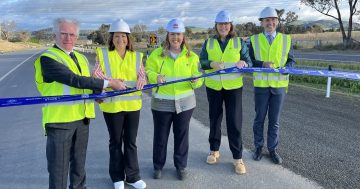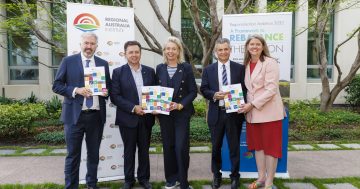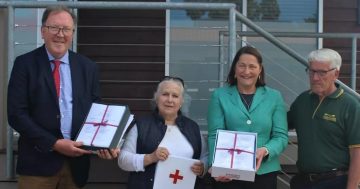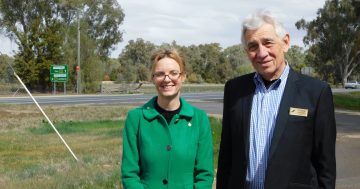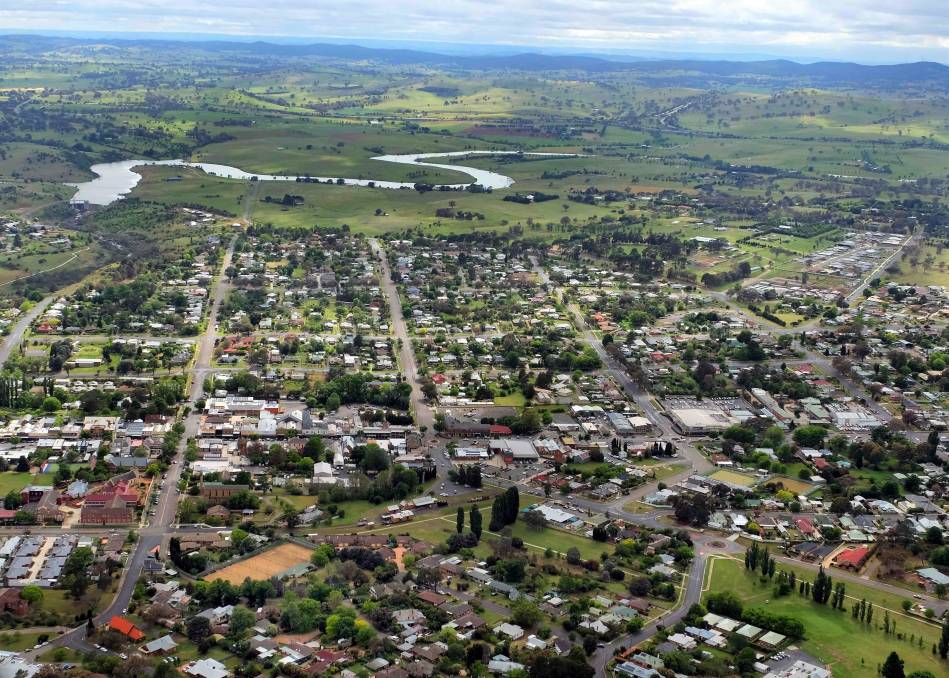
The report found that most of the growth in regional centres is concentrated on the coast, and regions continue to find it difficult to meet local workforce demands. Photo: Yass Valley Council.
The annual State of Australia’s Regions report has highlighted that workforce challenges, climate change and a lack of services continue to impact regional Australia.
Released on 6 February, the report is used to build an evidence base that supports the government’s investment in the regions. It also provides a snapshot of government initiatives and investments designed to strengthen regional Australia’s productivity, liveability and sustainability.
The report does not prescribe a single statistical definition of ‘regional Australia’, but it says it presents data and evidence most suitable to reflect the various ways ‘regional’ is considered across areas of government investment.
“Regional Australia has always been central to the productivity, vitality and prosperity of our nation,” the report reads.
“With millions of Australians choosing to call them home, Australia’s diverse regional communities support people and families to live vibrant and rewarding lives – with opportunities for employment and unique qualities that support enhanced wellbeing and quality of life.
“Australia’s regions also play a crucial role in ensuring national prosperity – adapting to seize the potential of an ever-evolving world,” it adds.
“Whether it is agriculture, resources, tourism or manufacturing – regions are drawing on their knowledge, insights and natural assets to harness emerging opportunities for inclusive and sustainable growth.”
The report highlighted major issues affecting the regions, each with four sub-sections. These include:
PEOPLE – Population, workforce, skills and training, migration and First Nations peoples.
PLACES – Infrastructure, housing, liveability, and climate and disasters.
SERVICES – Digital connectivity and inclusion; health and aged care, disability services, early childhood education and care.
INDUSTRIES AND LOCAL ECONOMIES – Energy transformation, agriculture, industry and tourism.
Key insights from the report include a recognition that while most regions experienced population growth in 2021-22, the long-term trend showed that most of that growth was concentrated in coastal areas. It also said many regions are finding it difficult to meet their local workforce demands.
It also found that targeted infrastructure investment is required to respond to trends and opportunities, and highlighted the growth in road freight transport on regional roads over the past decade as an example. Another finding was that the cost of housing in regional areas was of concern. It said that while saving a housing deposit in capital cities takes an average of 10 years, it now takes 9.7 years in regional areas.
The impact of climate change was also highlighted, with the report saying the severity and frequency of droughts, bushfires, heatwaves, storms and floods were increasing. It said in 2023, 43 disasters were declared across Australia, impacting 137 Local Government Areas.
Some good news in the report included a narrowing of the gap between metro and regional areas when it comes to accessing digital services such as the internet and mobile phone reception. But it also said access to high-quality healthcare, childcare and early childhood education, aged care, and disability and community services was an ongoing challenge, particularly in remote regions.
In the industries and local economies category, it found that occupations key to the clean energy workforce will need to increase by around 30 per cent by 2033 and that growth in employment from the net zero transformation is likely to be stronger in the regions.
It further said that tourism has surged in the regional areas since the pandemic, offering opportunities for more than 100,000 regional tourism businesses to harness interest from travellers.
Infrastructure, Transport, Regional Development and Local Government Minister Catherine King said supporting strong, secure and sustainable regions is a high priority of the government.
“That is why we are launching this new report, which will contribute to informing how we can collectively build strong, sustainable and welcoming regional communities that all Australians can call home,” she said.
“These regular reports will support evidence-based decision making through the government’s Regional Investment Framework – ensuring investments and initiatives across government respond to what the data is showing, and what people in the regions are saying.”
Minister for Regional Development, Local Government and Territories Kristy McBain added, “We’re committed to building thriving and dynamic regional communities – where people can pursue a range of economic opportunities across established and emerging industries, where they can build new skills, and where they can pursue their dream job.
“As communities outside of our big cities grow, it’s more important than ever that regional people have access to reliable, fit-for-purpose services in their own backyard – from education, health and connectivity,” she said.
“This report provides us with valuable insights into the challenges and opportunities in our regions and will help ensure that our investments continue to target local priorities.”
Original Article published by Andrew McLaughlin on Riotact.








